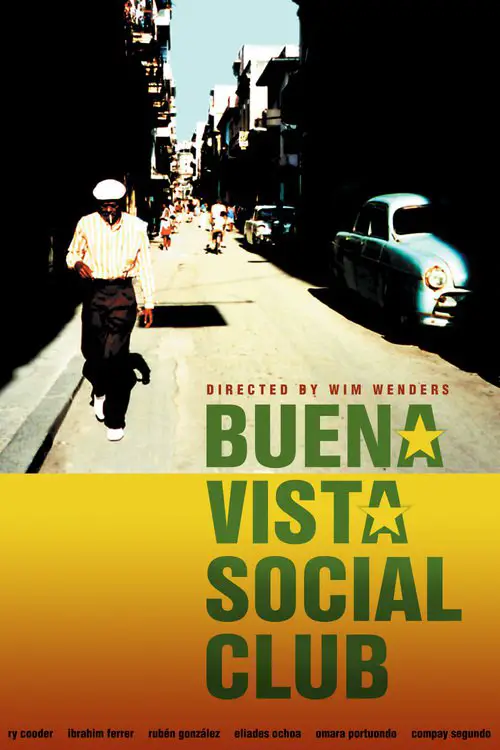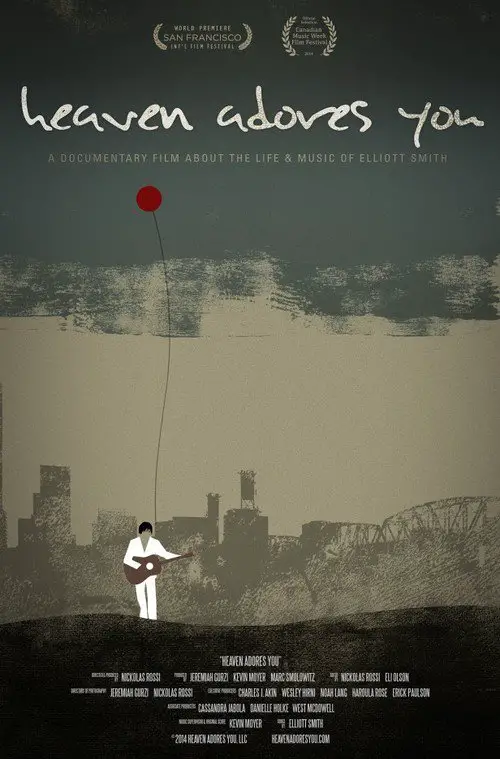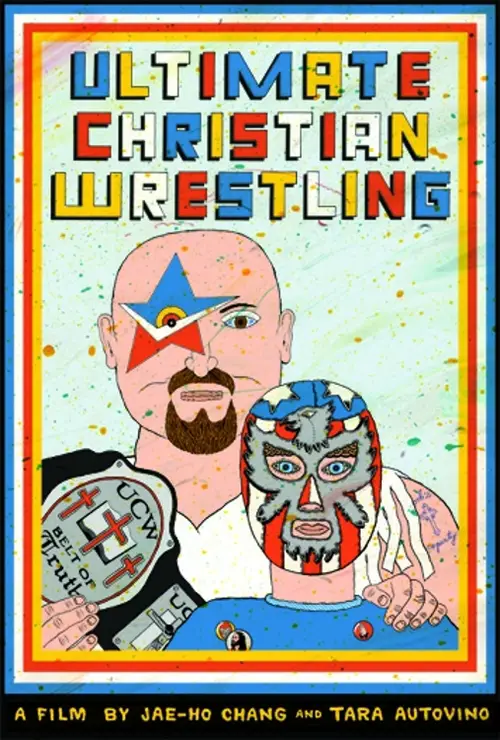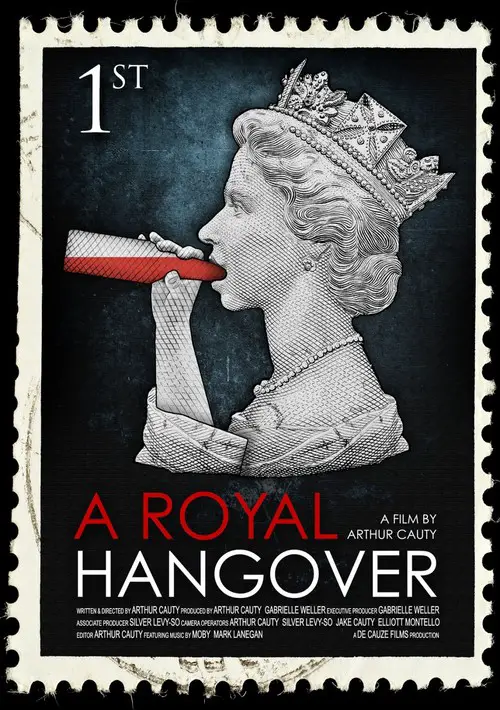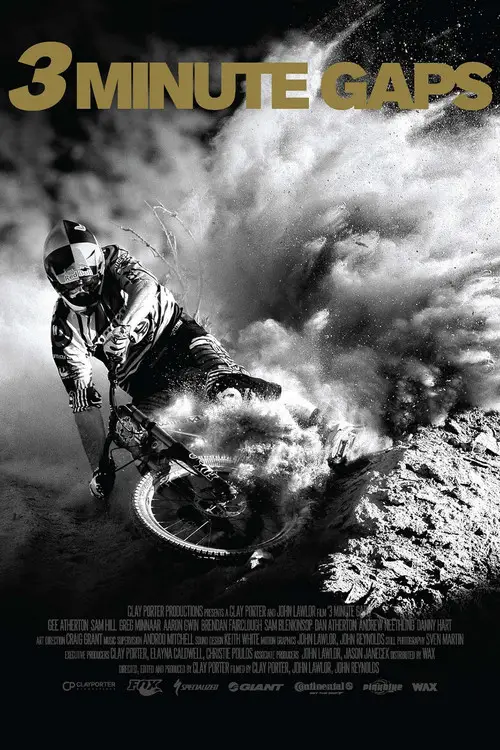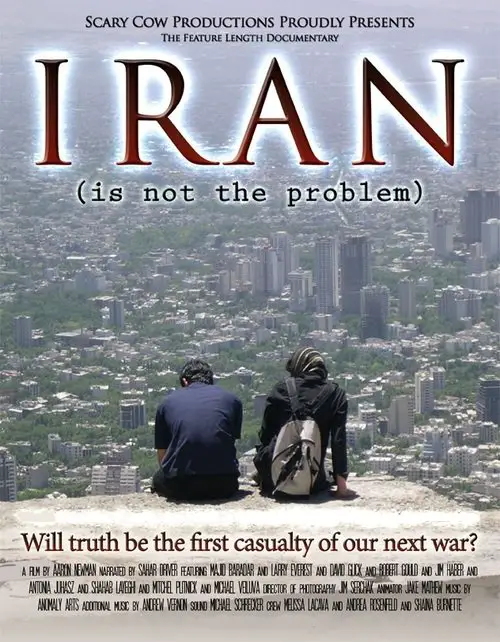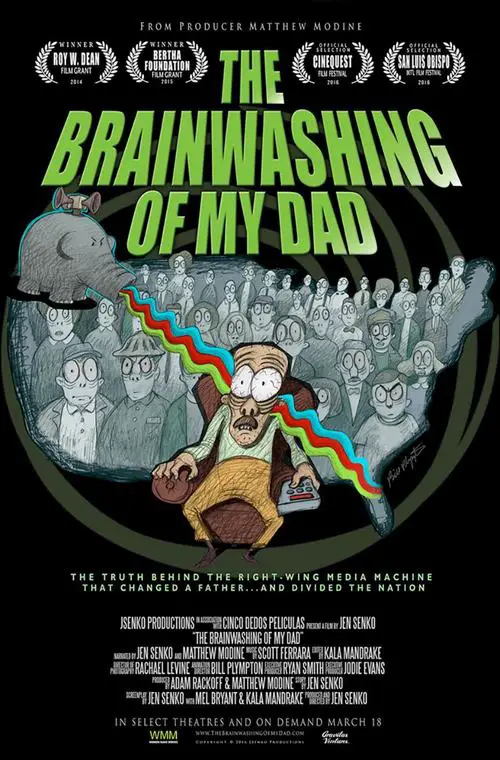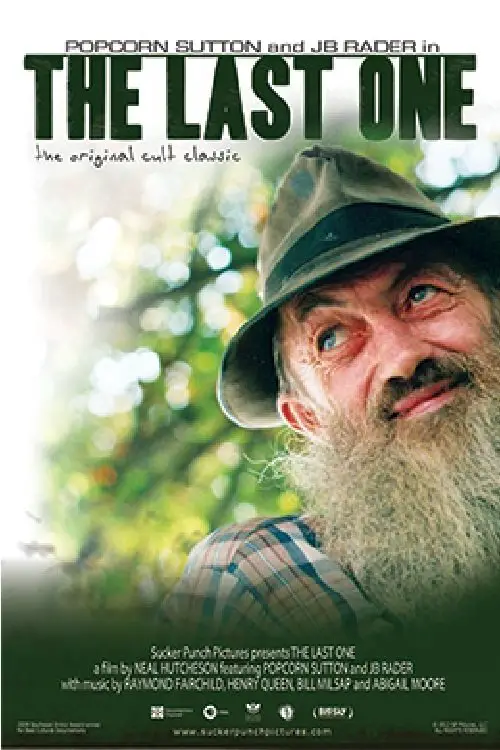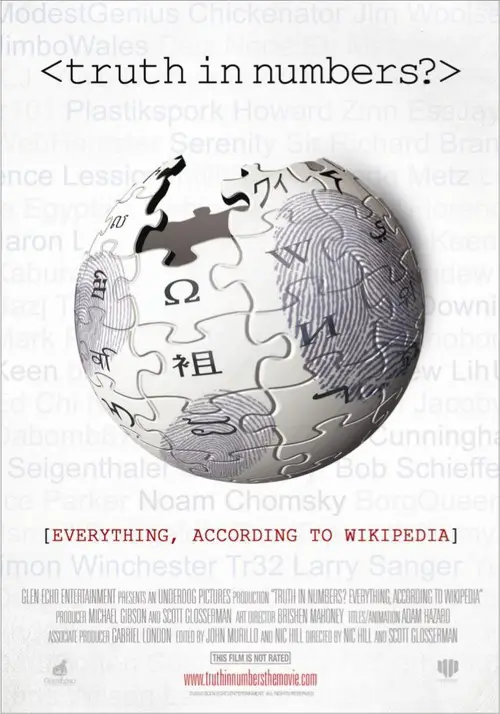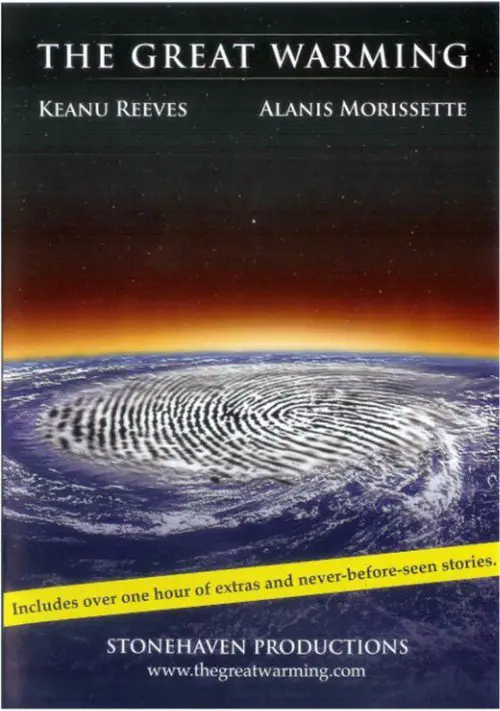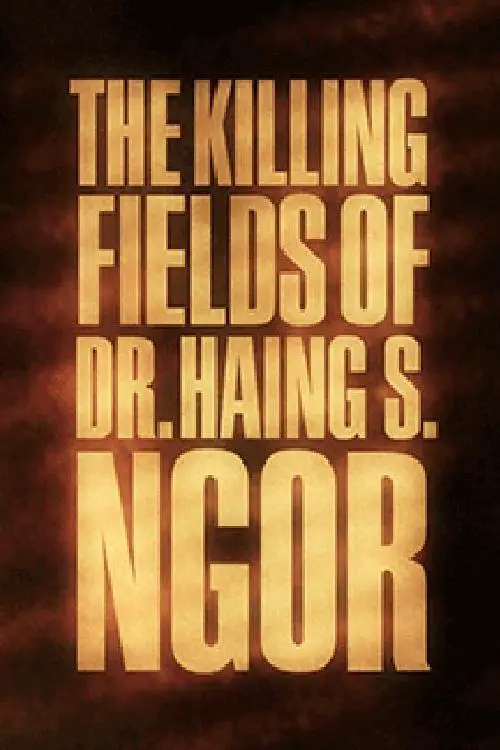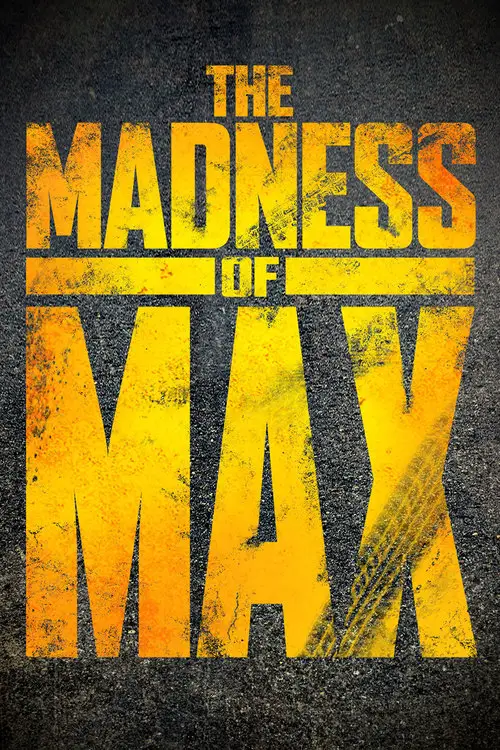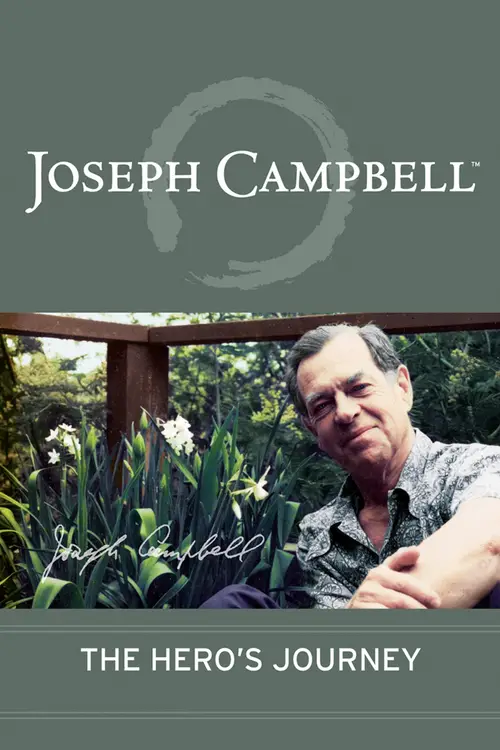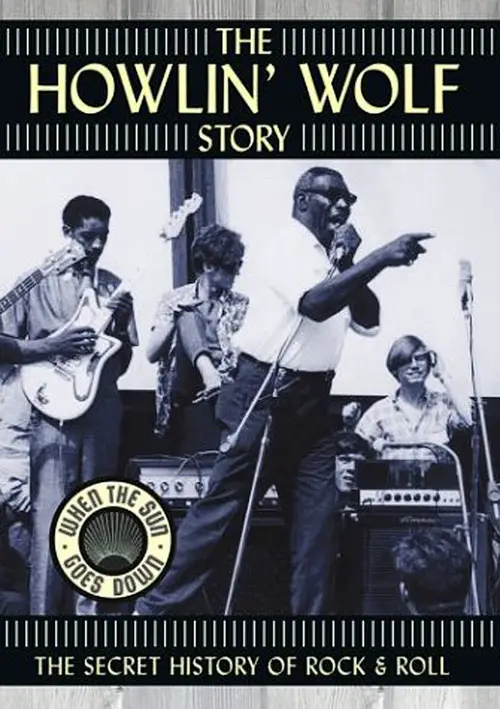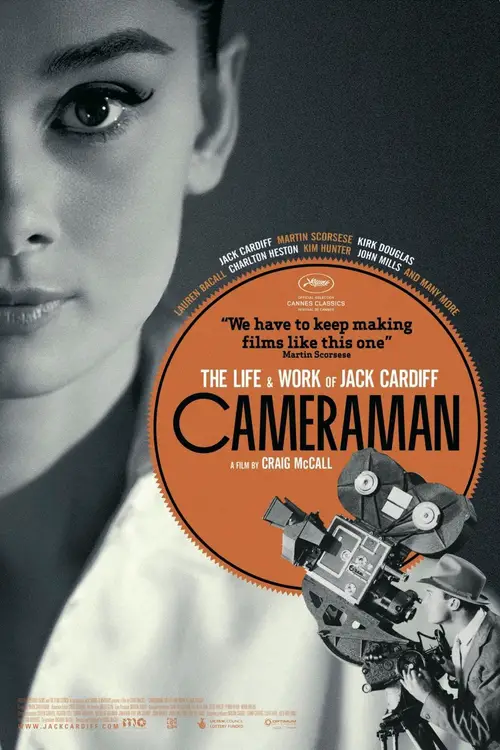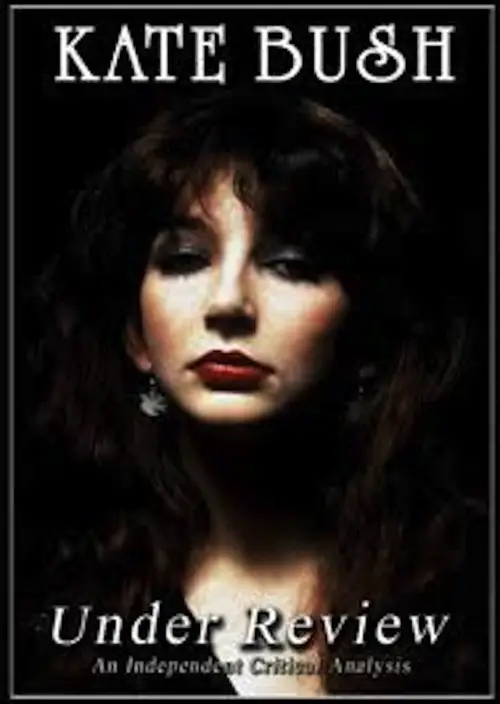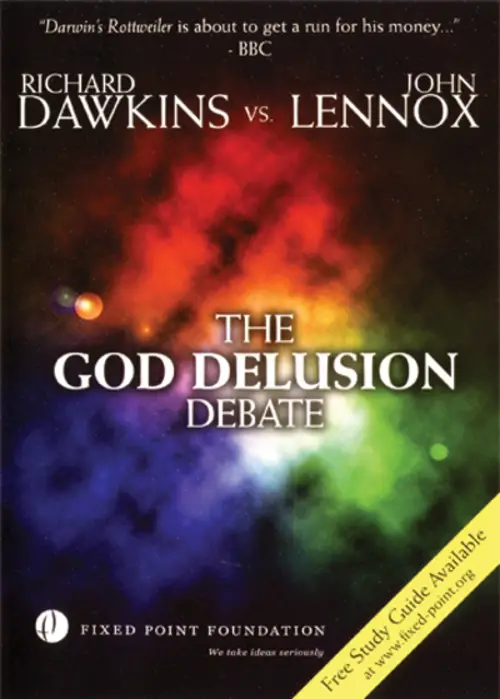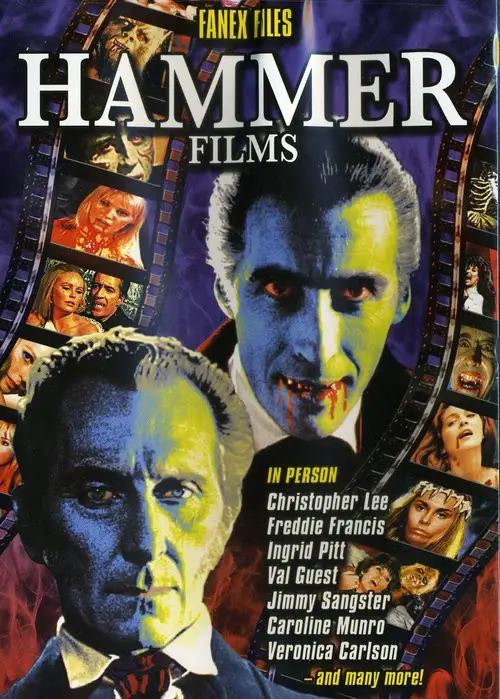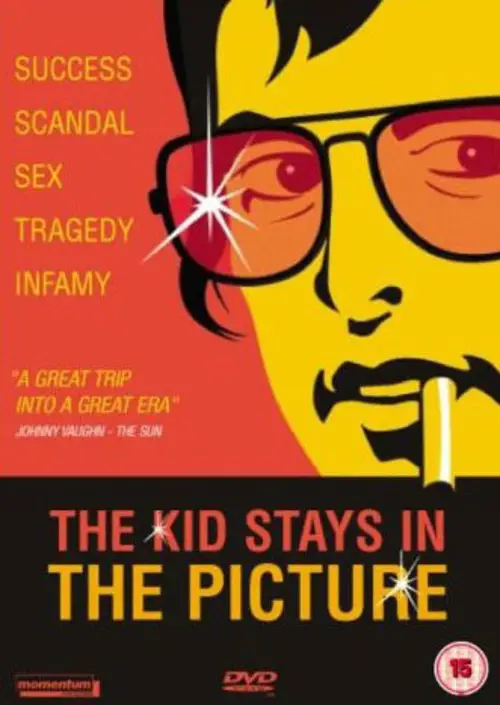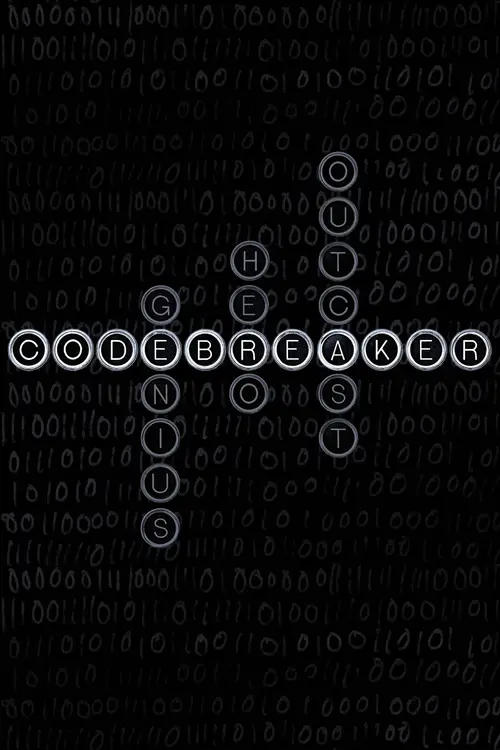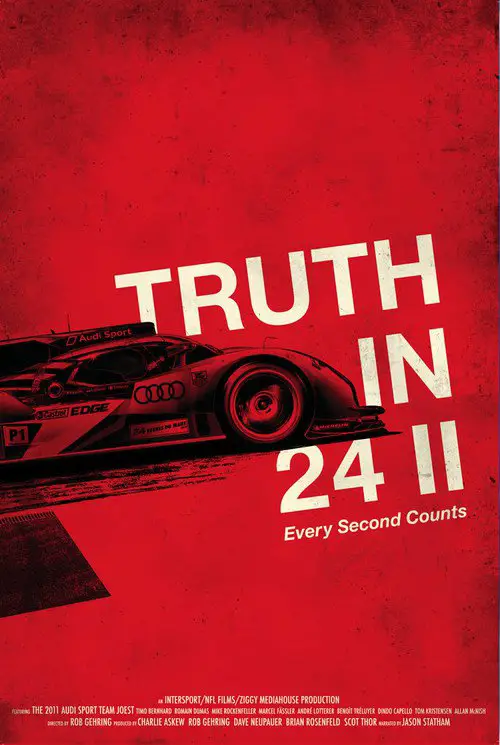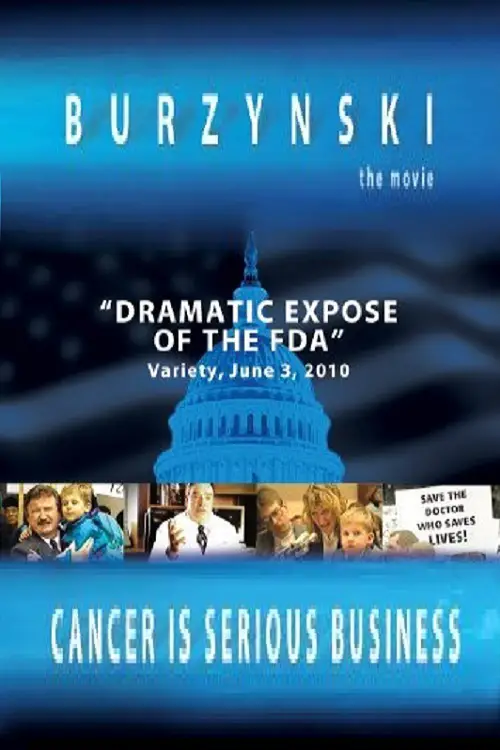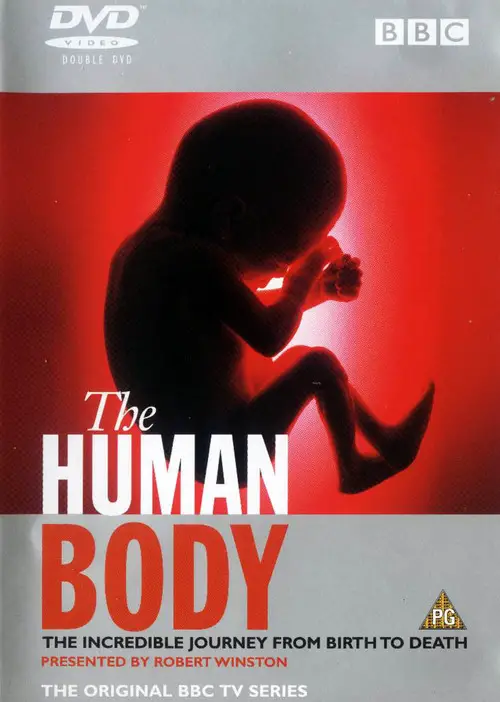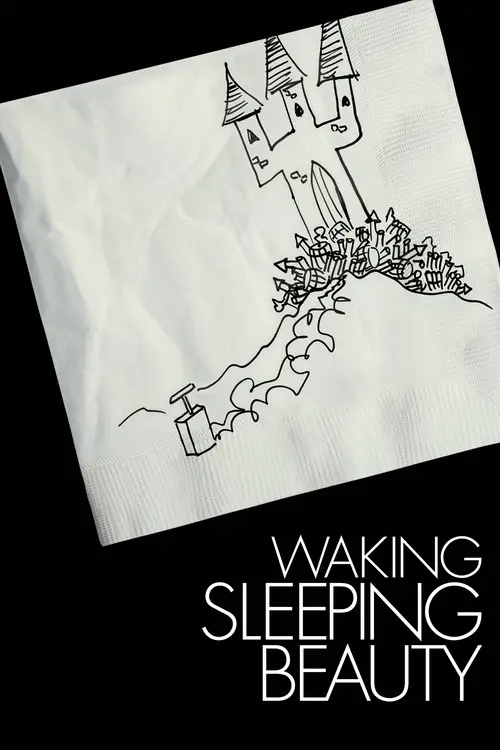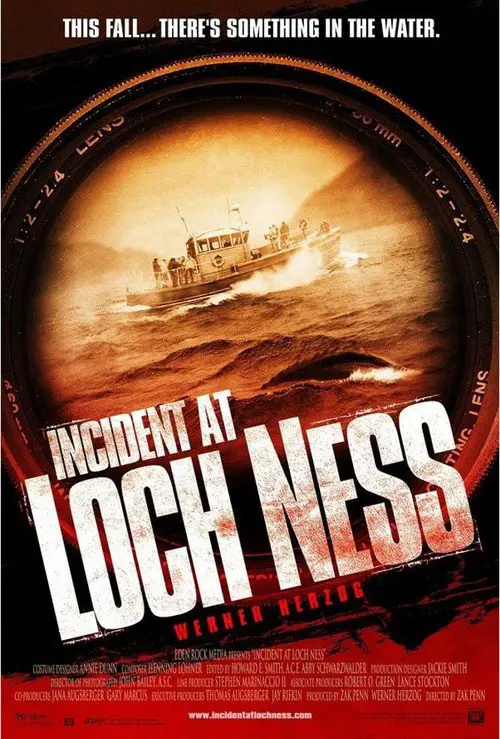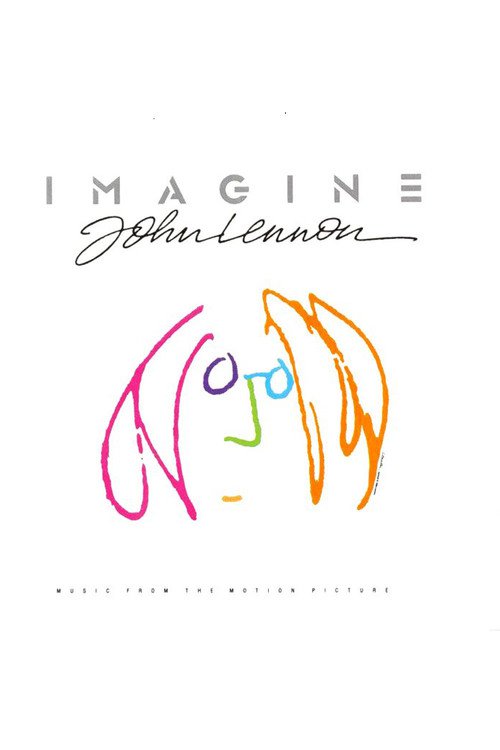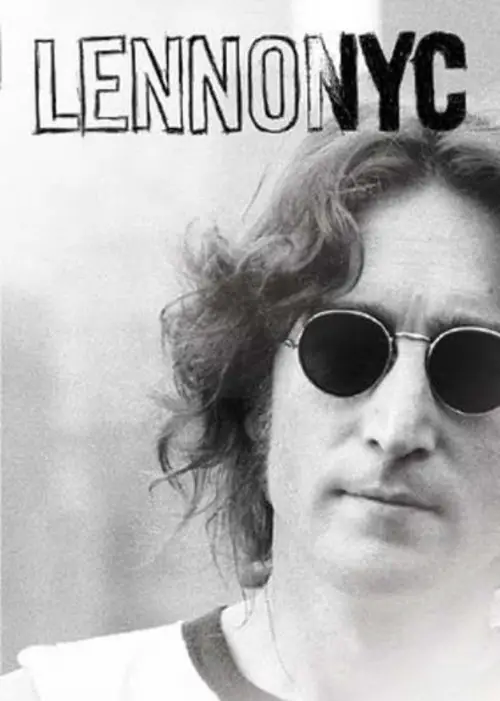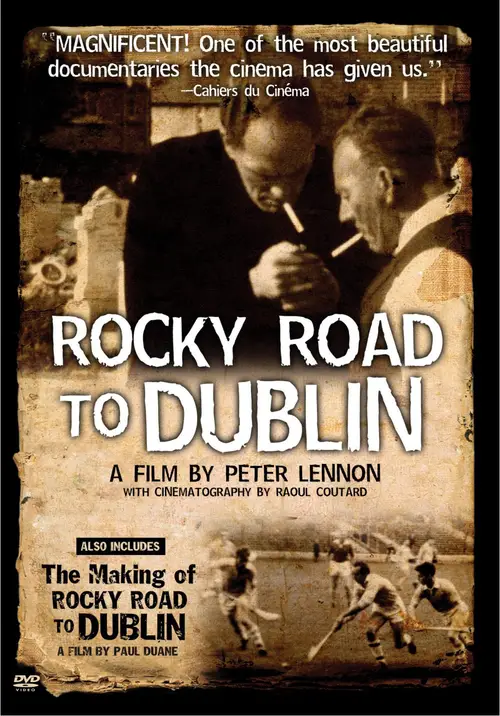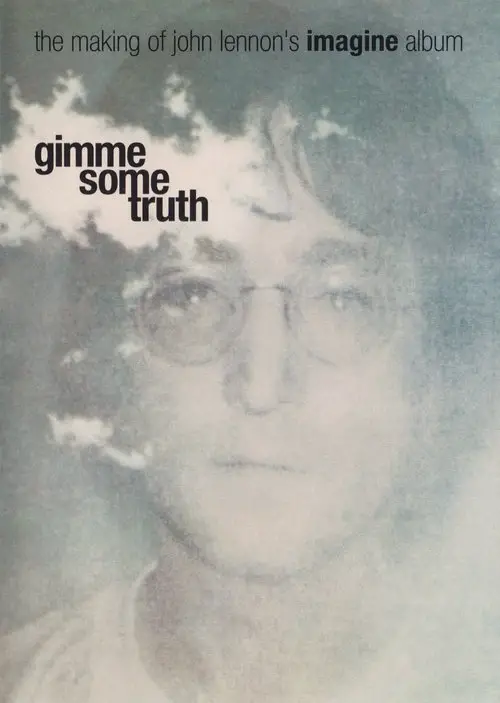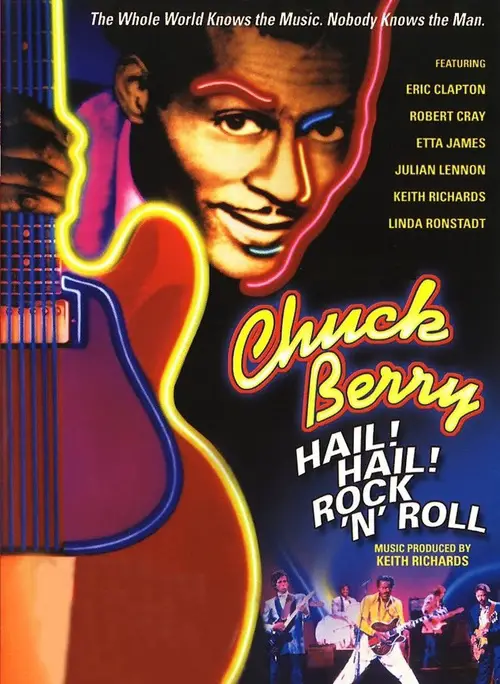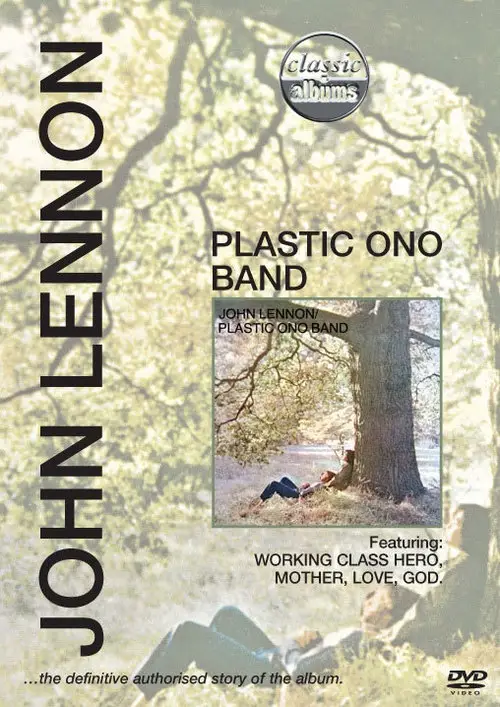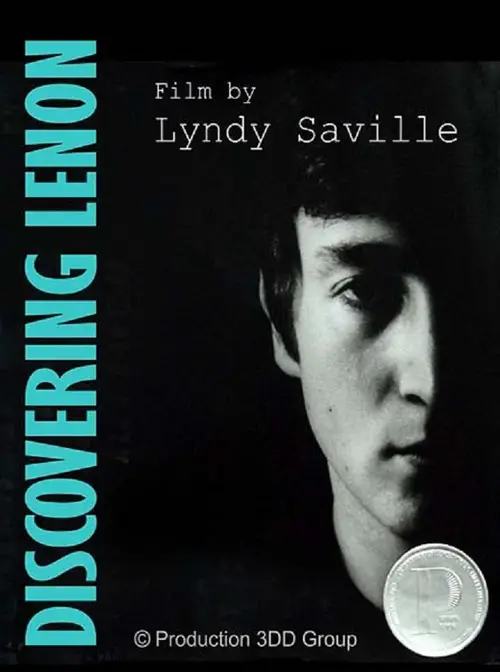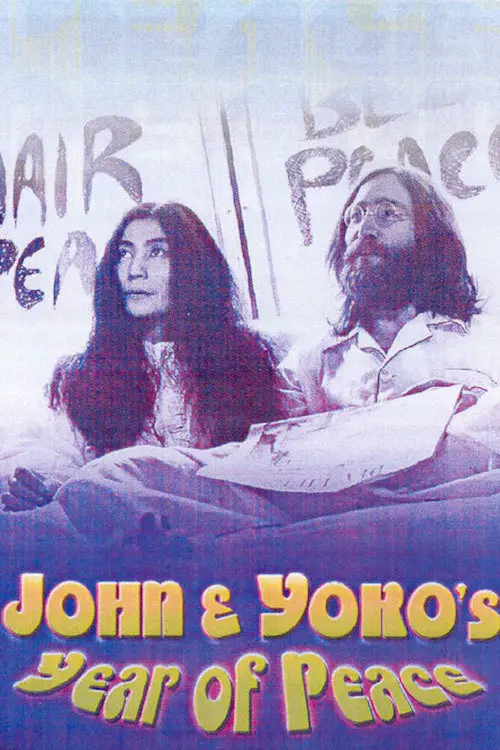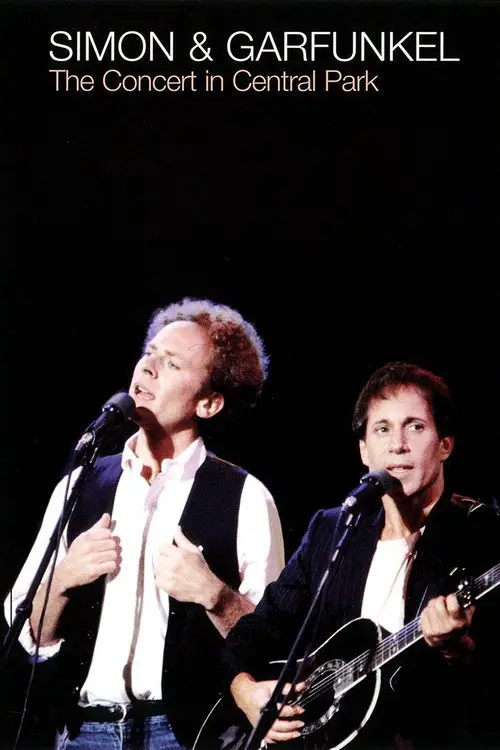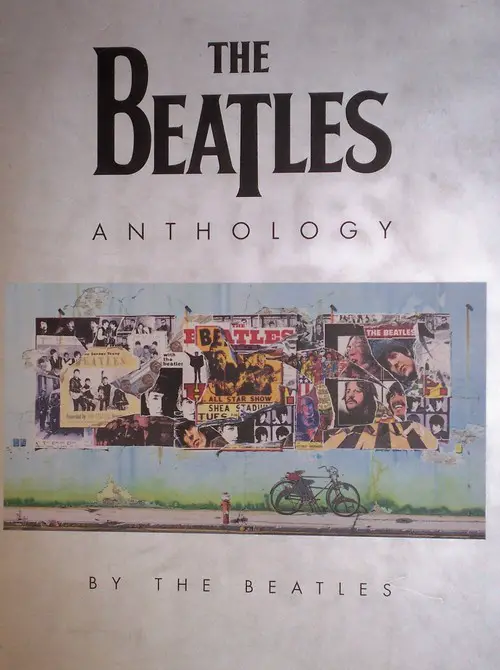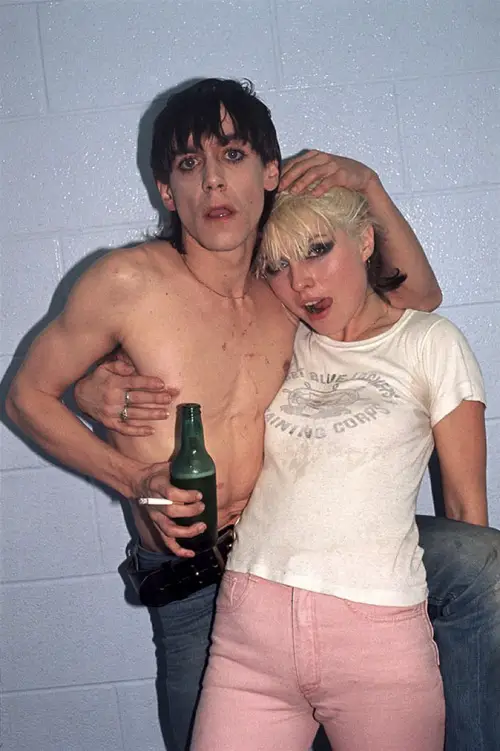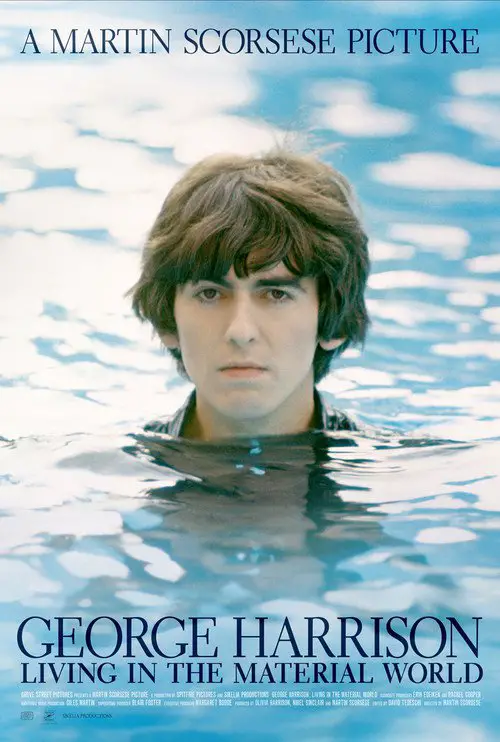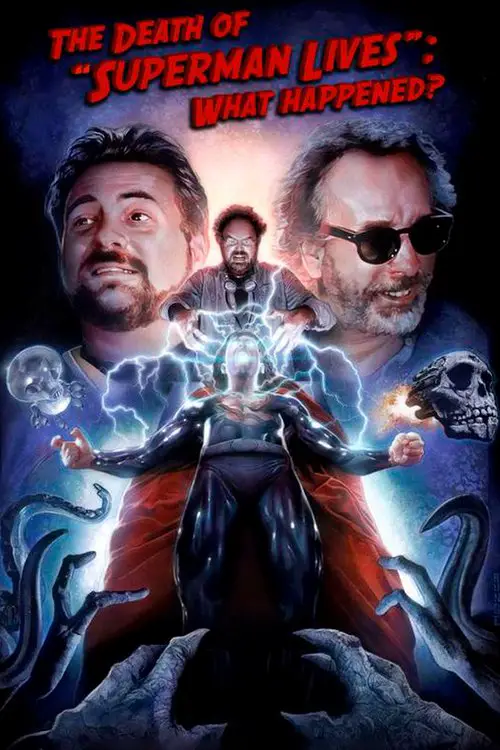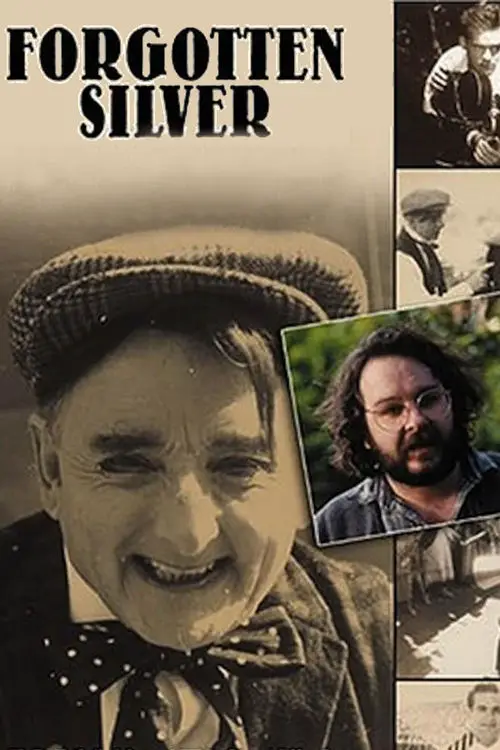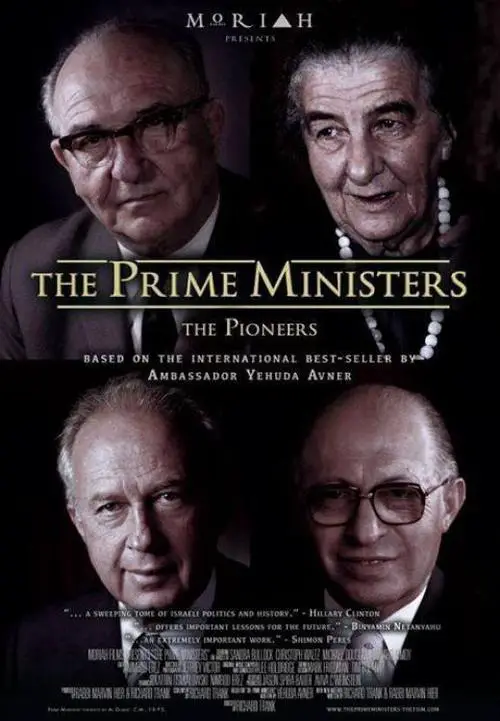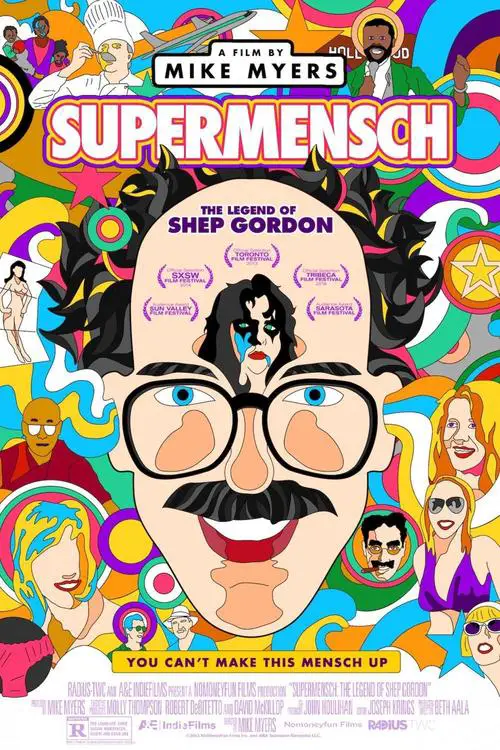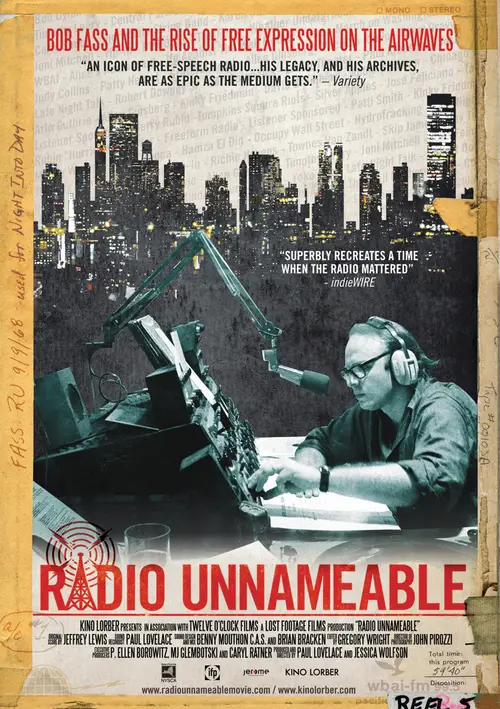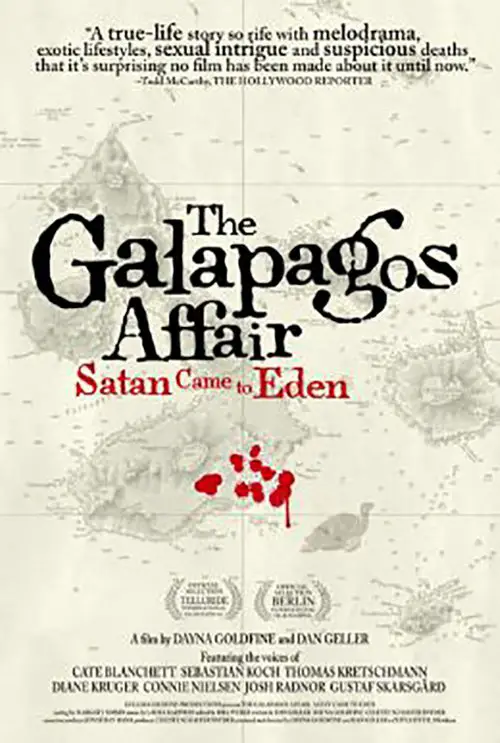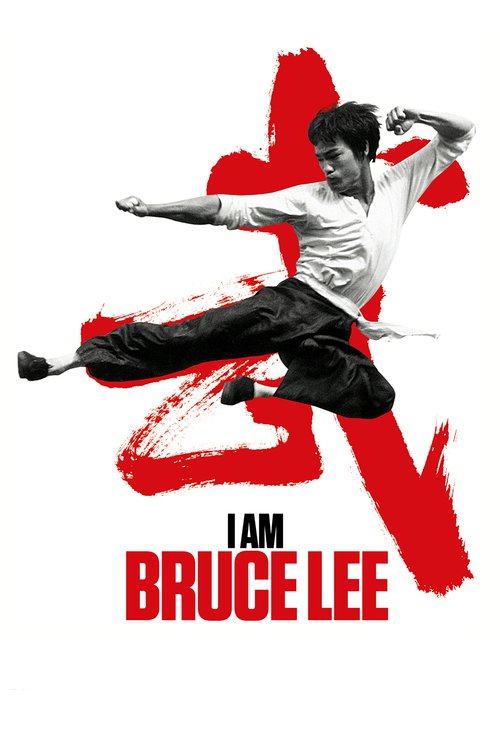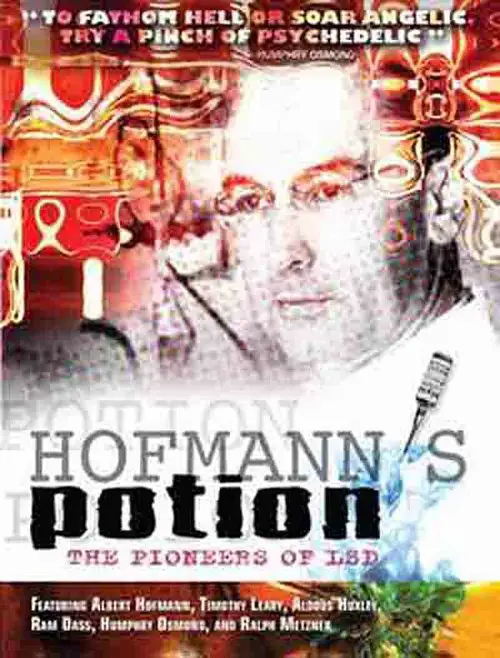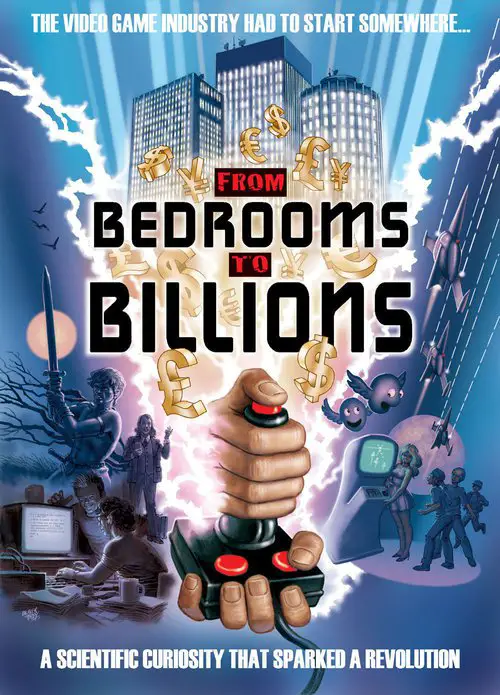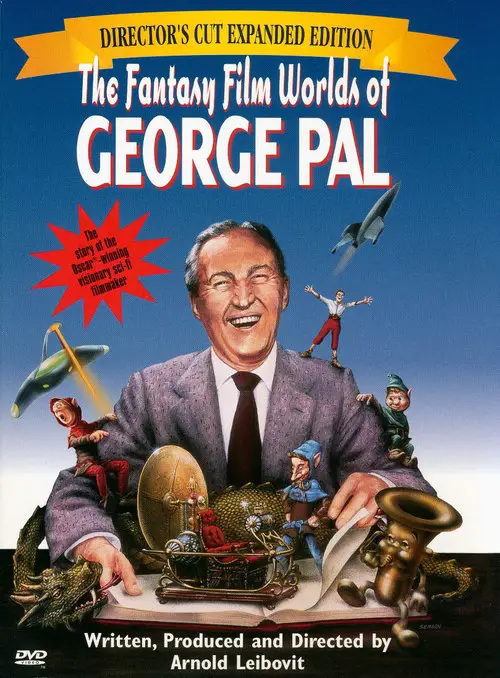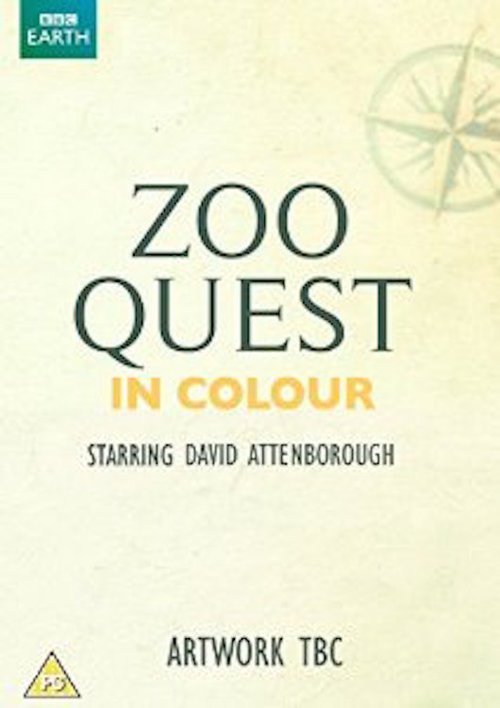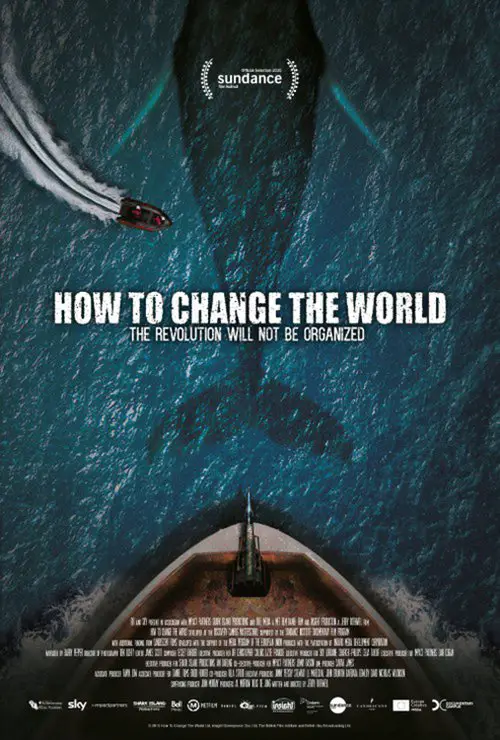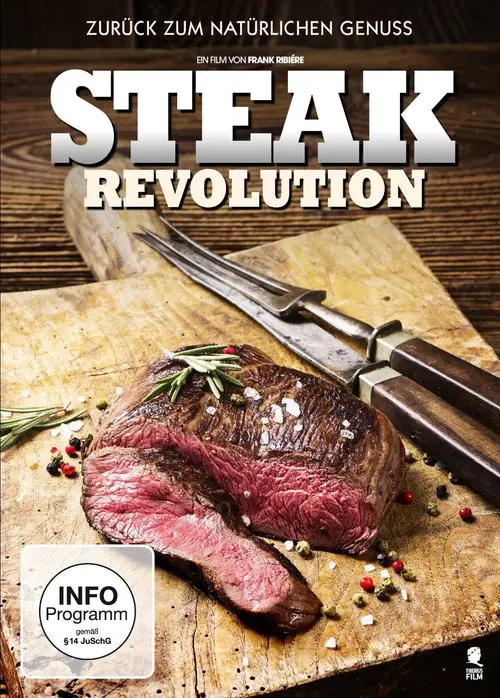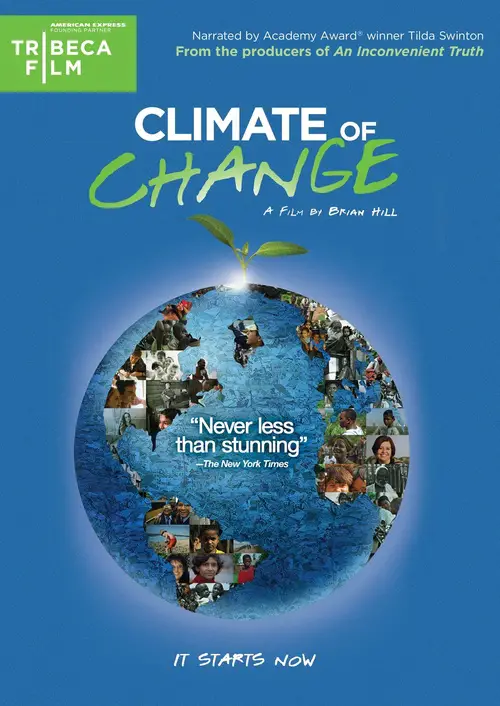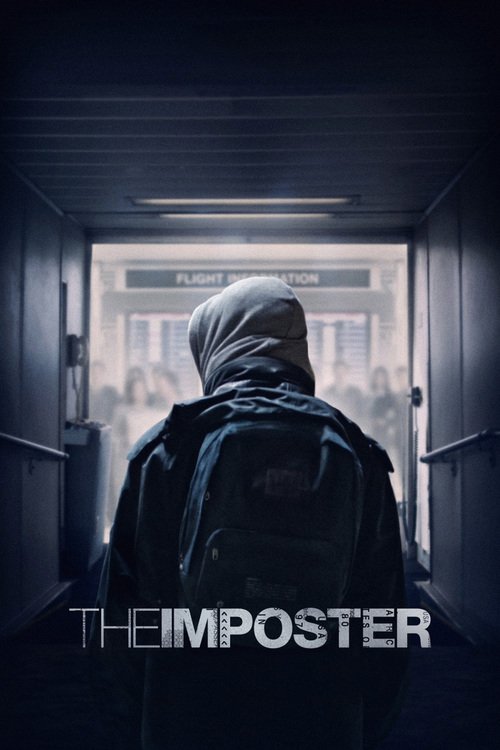The Agony and Ecstasy of Phil Spector (2008)
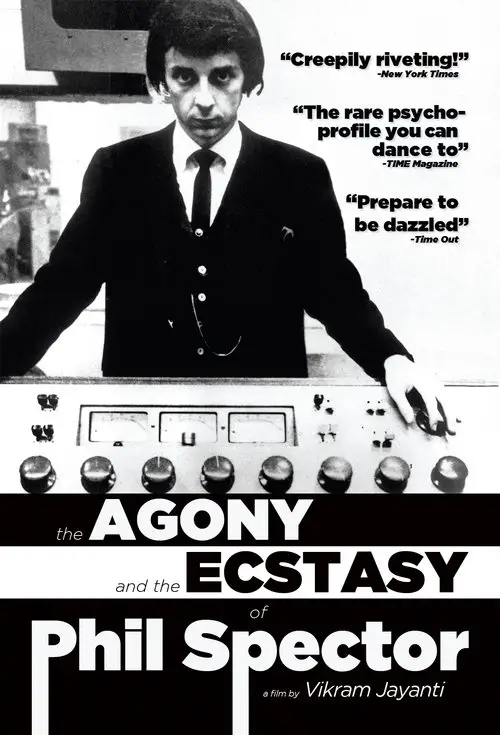
Similar movies
In this fascinating Oscar-nominated documentary, American guitarist Ry Cooder brings together a group of legendary Cuban folk musicians (some in their 90s) to record a Grammy-winning CD in their native city of Havana. The result is a spectacular compilation of concert footage from the group's gigs in Amsterdam and New York City's famed Carnegie Hall, with director Wim Wenders capturing not only the music -- but also the musicians' life stories.
It is about a music school in Philadelphia, The Paul Green School of Rock Music, run by Paul Green that teaches kids ages 9 to 17 how to play rock music and be rock stars. Paul Green teaches his students how to play music such as Black Sabbath and Frank Zappa better than anyone expects them to by using a unique style of teaching that includes getting very angry and acting childish.
Heaven Adores You is an intimate, meditative inquiry into the life and music of Elliott Smith. By threading the music of Elliott Smith through the dense, yet often isolating landscapes of the three major cities he lived in -- Portland, New York City, Los Angeles -- Heaven Adores You presents a visual journey and an earnest review of the singer's prolific songwriting and the impact it continues to have on fans, friends, and fellow musicians.
Why would two New York-based filmmakers dedicate five years of their lives to following three white, Jesus-loving, spandex-clad men from the Bible Belt, particularly when the world of documentary filmmaking has generated its fair share of films concerning sensationalistic religious expression and contact sports in recent years? Because it's not about wrestling, and it's not about Jesus. Against a bizarre and entertaining backdrop, and through a motley cast of characters, we are reminded of what connects us all, lest we forget what it means to be human.
For two years the crew of 3 MINUTE GAPS have followed the world's best mountain bike racers around the globe documenting them as they trained, prepared, rode, ate, traveled, raced, celebrated, commiserated, and made sacrifices simply because of the weight of ambition to be the fastest. There is no truer, more accurate and intimate depiction of the hallowed worlds of the very best World Cup rider's than 3 MINUTE GAPS.
A response to the failure of the American mass media to provide the public with relevant and accurate information about the standoff between the US and Iran, as happened before with the lead up to the invasion of Iraq. We have heard that Iran is a nuclear menace in defiance of the international community, bent on "wiping Israel off the map", supporting terrorism, and unwilling to negotiate. This documentary disputes these claims as they are presented to us and puts them in the context of present and historical US imperialism and hypocrisy with respect to Iran. It looks at the struggle for democracy inside Iran, the consequences of the current escalation and the potential US and/or Israeli attack, and suggests some alternatives to consider.
As filmmaker Jen Senko tries to understand the transformation of her father from a non political, life-long Democrat to an angry, Right-Wing fanatic, she uncovers the forces behind the media that changed him completely: a plan by Roger Ailes under Nixon for a media takeover by the GOP, The Powell Memo urging business leaders to influence institutions of public opinion, especially the universities, the media and the courts, and under Reagan, the dismantling of the Fairness Doctrine. This documentary will shine a light on how it happened (and is still happening) and lead to questions about who owns the airwaves, what rights we have as listeners/watchers and what responsibility does our government have to keep the airwaves truly fair, accurate and accountable to the truth.
Deep in the wilds of Southern Appalachia, lifelong moonshiner Popcorn Sutton runs 1 last batch of accurate moonshine whiskey. By means of the exhausting work of clearing the site, building a rock and clay furnace, brewing corn mash and producing high-proof moonshine, Sutton reveals the craft of standard distillation, the character of his Scots-Irish ancestors, and a lifetime of memories in the trade.
Although Wikipedia is the 8th most popular website on the Internet today, and it is already the 3rd most widely read 'publication' in human history, attracting 100 million unique visitors a month, this great social and academic experiment of our age is riddled with vandals and challenged by skeptics, posing compelling questions about whether Wikipedia's model can truly achieve its goal. The film intersperses founder Jimmy Wales' unusual rise to Internet super-stardom among the global implications of Wikipedia. Are entries factually accurate? Biased? Accountable? Does 'Jimbo' Wales posses the wisdom to ensure that Wikipedians aggregate knowledge correctly?
We are living at the dawn of a new epoch. Year by year, degree by degree, Earth is growing warmer... a legacy of the Industrial Revolution, population growth, and our addiction to technology, speed and power. Just as other generations spoke of a Great Plague and a Great Depression, our children will be compelled to endure The Great Warming - and find a way to conquer its consequences. Filmed in eight countries on four continents, endorsed by dozens of the world's leading scientists, this is the most factually accurate, visually stunning and wide-ranging production ever mounted about this complex, fascinating subject.
When Dr. Haing S. Ngor was forced into labor camps by the Khmer Rouge, little did he know he would escape years of torture and recreate his experiences in a film that would win him an Academy Award®. "The Killing Fields of Dr. Haing S. Ngor" tells the dramatic story about arguably the most recognizable survivor of the Cambodian genocide, a man who became a worldwide ambassador for justice in his homeland, only to be murdered in a Los Angeles Chinatown alley - a case still muddled with conspiracy theories. Through an inspired blend of original animation and rare archival material - anchored by Ngor's richly layered autobiography - the years encapsulating the Khmer Rouge's tyrannical rule over Cambodia are experienced though a politically charged transnational journey of loss and reconciliation.
The Madness of Max is a feature-length documentary on the making of arguably the most influential movie of the past thirty years. With over forty cast-and-crew interviews, hundreds of behind-the-scenes photographs and never-before-seen film footage of the shoot, this is without a doubt the last word on Mad Max (1979).Interviews include: George Miller, Byron Kennedy, Mel Gibson, Hugh Keays-Byrne, Steve Bisley, Roger Ward, Joanne Samuel, David Eggby, Jon Dowding and many more. From the Producers to the Bike Designers to the Traffic Stoppers, this is the story of how Mad Max was made.
One of the greatest storytellers of our time, and arguably the greatest mythologist, Joseph Campbell spent most of his long, rich career explaining how ancient myths like the Heroâs Journey are relevant to modern life. In understanding the importance of myth as a vital, vibrant source of "mankindâs one great story," Campbell inspired others to embark on a quest for the meaning of myth in their own lives. This biographical portrait, filmed shortly before his death in 1987, follows Campbellâs personal questâa pathless journey of questioning, discovery, and ultimately of delight and joy in a life to which he said, "Yes."
Arguably second only to Muddy Waters among the Mississippi Delta singers who traveled north and pioneered urban electric blues (their supposed rivalry is the subject of one of this DVD's bonus features), Wolf was a big, imposing man with an inimitable, booming voice and a lasting influence on generations of rock & rollers--all of which comes across in the 90-minute film.
In 2001 Jack Cardiff (1914-2009) became the first director of photography in the history of the Academy Awards to win an Honorary Oscar. But the first time he clasped the famous statuette in his hand was a half-century earlier when his Technicolor camerawork was awarded for Powell and Pressburger's Black Narcissus. Beyond John Huston's The African Queen and King Vidor's War and Peace, the films of the British-Hungarian creative duo (The Red Shoes and A Matter of Life and Death too) guaranteed immortality for the renowned cameraman whose career spanned seventy years.
On October 3rd of 2007 in Birmingham, Alabama, Professor Richard Dawkins and his Oxford University colleague Professor John Lennox engaged in a lively debate over what is arguably the most critical question of our time: the existence of God. The debate centered on Dawkins's views as expressed in his best-seller, The God Delusion, and their validity over and against the Christian faith. Both presenters agreed to the format and topics of discussion. It was one of the great debates of the last 100 years and is well worth watching and studying.
This fascinating documentary tells the story of the talented people behind and in front of the cameras at the Hammer Film Studios. Their prodigious output made household names of Peter Cushing and Christopher Lee, arguably the greatest fright duo since Lugosi and Karloff. Filled with shocking clips, terrifying trailers, and fascinating interviews with cast and crew culled from twenty years of the FANEX Film Convention archives, this film is a horror fan's delight!
Alan Turing is the genius British mathematician who was instrumental in breaking the German naval Enigma Code during World War II, arguably saving millions of lives. Turing's achievements went unrecognised during his lifetime. Instead he ended up being treated as a common criminal, for being homosexual at a time when homosexual acts were a crime. In 1952, he was convicted of 'gross indecency' with another man and was forced to undergo so-called 'organo-therapy' - chemical castration. Two years later, he killed himself with cyanide, aged just 41. Alan Turing was driven to a terrible despair and early death by the nation he'd done so much to save.
The film TRUTH IN 24 II documents the tenth and arguably most emotional triumph of the brand with the four rings at this sports car classic. After two Audi R18 TDI cars have retired following spectacular accidents, the remaining Audi fights a dramatic battle for overall victory with the three Peugeot 908 cars which the Audi trio ultimately decides in its favor with a narrow margin of 13 seconds. The film captures the entire drama of the fourth-narrowest running of the Le Mans 24 Hours with intimate insights into the team of Audi Sport and breath-taking pictures.
Burzynski, the Movie is the story of a medical doctor and Ph.D biochemist named Dr. Stanislaw Burzynski who won the largest, and possibly the most convoluted and intriguing legal battle against the Food & Drug Administration in American history. His victorious battles with the United States government were centered around Dr. Burzynski's gene-targeted cancer medicines he discovered in the 1970's called Antineoplastons, which have currently completed Phase II FDA-supervised clinical trials in 2009 and could begin the final phase of FDA testing in 2011âbarring the ability to raise the required $300 million to fund the final phase of FDA clinical trials.
By the mid-1980s, the fabled animation studios of Walt Disney had fallen on hard times. The artists were polarized between newcomers hungry to innovate and old timers not yet ready to relinquish control. These conditions produced a series of box-office flops and pessimistic forecasts: maybe the best days of animation were over. Maybe the public didn't care. Only a miracle or a magic spell could produce a happy ending. Waking Sleeping Beauty is no fairy tale. It's the true story of how Disney regained its magic with a staggering output of hits - "Little Mermaid," "Beauty and the Beast ," "Aladdin," "The Lion King," and more - over a 10-year period.
The German film director Werner Herzog sets out to the Scottish Highlands to make a documentary, "Enigma of Loch Ness", exploding the myth of the Loch Ness Monster. Meanwhile, another documentary film crew is making a film about Werner Herzog, and we see the production of "Enigma" from their point of view. Shooting on a rented boat, tensions begin to rise as director Herzog and his producer, Zak Penn, find themselves at cross-purposes on the black surface of Loch Ness. Things get very edgy when the film crew starts seeing shapes in the murky water.
John Lennon, David Bowie, Julian Lennon, and Yoko Ono Lennon are featured in this portrait of the life of musician John Lennon. A documentary about former Beatle John Lennon, narrated by Lennon himself, with extensive material from Yoko Ono's personal collection. This feature-film biography of the legendary rock musician includes previously unseen footage from Lennon's private archives, as well as interviews with his first wife Cynthia, second wife Yoko Ono and sons Julian and Sean. Narrated in Lennon's own voice, IMAGINE was taken from the 240 hours of personal film and video from the star's private collection. Directed by Andrew Solt (who is also responsible for the rockumentary THIS IS ELVIS,) this unique film gives fan a look at the enigmatic, innovative, and often changing pop revolutionary that is unavailable anywhere else.
This documentary takes an intimate look at the time Lennon, Yoko Ono and their son, Sean, spent living in New York City during the 1970s. It features never-before heard studio recordings from the Double Fantasy sessions and never-before-seen outtakes from Lennon in concert and home movies that have only recently been transferred to video. It also features exclusive interviews with Ms. Ono, who cooperated extensively with the production and offers an unprecedented level of access, as well as with artists who worked closely with Lennon during this period, including Elton John and photographer Bob Gruen (who took the iconic photograph of Lennon in front of the skyline wearing a âNew York Cityâ T-shirt).
Rocky Road to Dublin is a 1968 documentary film by Irish-born journalist Peter Lennon and French cinematographer Raoul Coutard, examining the contemporary state of the Republic of Ireland, posing the question, "what do you do with your revolution once you've got it?" It argues that Ireland was dominated by cultural isolationism, Gaelic and clerical traditionalism at the time of its making.
An instant classic when released in September 1971, John Lennon's Imagine was the ex-Beatle's solo masterpiece, and its musical legacy is matched here by priceless footage of Lennon's creative process, independently edited from original 16-millimeter footage by producer-director Andrew Solt with the hands-off approval of Lennon's widow, Yoko Ono. Incorporating footage from John and Yoko's original film Imagine (clips of which were previously included in the 1988 documentary Imagine: John Lennon), Gimme Some Truth presents Lennon, Ono, coproducer Phil Spector, and a host of gifted musicians in a fluid context of conflict, community, and craftsmanship. Bearing witness to every stage of the recording process, this 63-minute documentary succeeds as a visual diary, a study of familiar music in its infancy, and a revealing portrait of the then-30-year-old Lennon--from witty clown to confrontational perfectionist--at the peak of his post-Fab Four inspiration.
St. Louis, 1986. For Chuck Berry's 60th, Keith Richards assembles a pickup band of Robert Cray, Joey Spampinato, Eric Clapton, himself, and long-time Berry pianist Johnnie Johnson. Joined on stage by Etta James, Linda Ronstadt, and Julian Lennon, Berry performs his classic rock songs. His abilities as a composer, lyricist, singer, musician, and entertainer are on display and, in behind-the-scenes interviews, are discussed by Bo Diddley, Little Richard, Jerry Lee Lewis, Bruce Springstein, the Everly Brothers, Roy Orbison, and others. There's even a rarity for Berry, a rehearsal. Archival footage from the early 1950s and a duet with John Lennon round out this portrait of a master.
Decades later it's a little hard to appreciate just how shocking Plastic Ono Band was at the time of its release. Yes, John Lennon's first post-Beatles solo album is still a must-own for any rock fan, but decades of punk, metal, and grunge have desensitized our ears somewhat to the naked howls of despair that fill tracks like "Mother," "Isolation," and "I Found Out." In addition, "I don't believe in Beatles," the climactic line of "God," doesn't have nearly the resonance as it did around the time of the Fab Four's breakup, when such a sentiment practically bordered on heresy. And yet it's a testament to the high quality of Lennon's songs that Plastic Ono Band continues to be an incredibly moving listening experience.
The year: 1969. Headlines blare war and civil unrest while John Lennon and Yoko Ono are in love. The eccentic rock 'n' roll couple has just gotten married, and more than happy to be together, they want to change the world. Lying in a hotel bed surrounded by journalists, they announce their mission for peace and invite the rest of the world to symbolically climb into bed with them and share their dream. People call them silly, naive, even ridiculous, yet one famous couple's bed-in spread new hope that there really could be an end to war, hate and violence. Here is rare footage from that amazing time, including footage from John and Yoko's wedding, the infamous bedside confrontation between John and conservative cartoonist Al Capp, Lennon debating media expert Marshall McLuhan, and meeting Canadian Prime Minister Pierre Trudeau. Now twenty years after Lennon's murder, Yoko and others involved in the peace mission reflect on the events of that magical, mystical year.
The Concert in Central Park is a live album by Simon & Garfunkel. On September 19, 1981 the folk-rock duo reunited for a free concert on the Great Lawn of New York's Central Park attended by more than 500,000 people. They released a live album from the concert the following March (Warner Brothers LP 2BSK 3654; CD 3654). It was arranged by Paul Simon and Dave Grusin, and produced by Paul Simon, Art Garfunkel, Phil Ramone and Roy Halee. The concert was also shot on videotape, televised by HBO in 1982, and subsequently released on various home video formats. The VHS and DVD contain two songs that were omitted from the live album: "The Late Great Johnny Ace" and "Late in the Evening (Reprise)". "Johnny Ace" was disrupted by a fan rushing the stage who came very close to attacking Paul. This incident was both frightening and coincidental, as the song is an elegy upon the murder of John Lennon just one year earlier.
The Beatles Anthology documentary series was first broadcast in November 1995. The documentary used interviews with The Beatles and their associates to narrate the history of the band as seen through archival footage and performances. The initial volume of the album set was released in conjunction with the documentary in November 1995, with the subsequent two volumes released in 1996. The albums included unreleased performances and outtakes presented in roughly chronological order, along with two new songs based on demo tapes recorded by John Lennon after the group broke up. The book, released in 2000, paralleled the documentary in presenting the group's history through quotes from interviews.
From Led Zeppelin to The Rolling Stones, Elvis to Madonna, John Lennon to Johnny Rotten, Bob Gruen has captured half a century of music through the eye of a lens. In this landmark documentary series, award-winning filmmaker Don Letts reveals the stories behind some of the most famous rock 'n' roll photographs of all time.
The Death of 'Superman Lives': What Happened? feature film documents the process of development of the ill fated "Superman Lives" movie, that was to be directed by Tim Burton and star Nicolas Cage as the man of steel himself, Superman. The project went through years of development before the plug was pulled, and this documentary interviews the major players: Kevin Smith, Tim Burton, Jon Peters, Dan Gilroy, Colleen Atwood, Lorenzo di Bonaventura and many many more.
This dryly funny mockumentary about the lost work of a pioneering New Zealand film genius is probably one of the best examples of the faux-documentary genre. In fact, it was so successful that when it originally aired on New Zealand television, hundreds of viewers bought the premise hook, line, and sinker. If you didn't know any better yourself, it's entirely possible you might be duped into believing the extremely tall tale of one Colin MacKenzie, an ambitious filmmaker who made the world's first talking movie (years before The Jazz Singer), invented color film, and created a huge biblical epic that would put Cecil B. DeMille and D.W. Griffith to shame. Filmmaker Peter Jackson (Heavenly Creatures) shrewdly inserts himself into the film via his documentation of the "discovery" of McKenzie's lost epic, which for years was preserved in a garden shed.
Based on the best-selling book by Ambassador Yehuda Avner, The Prime Ministers: The Pioneers takes the audience inside the offices of Israel's Prime Ministers through the eyes of an insider, Yehuda Avner, who served as a chief aide, English language note-taker and speechwriter to Levi Eshkol, Golda Meir, Yitzhak Rabin, Menachem Begin, and Shimon Peres. The first of two parts, The Prime Ministers: The Pioneers focuses on Ambassador Avner's years working with Prime Ministers Levi Eshkol and Golda Meir and then US Ambassador Yitzhak Rabin and reveals new details about the Six-Day War, the development of Israel's close strategic relationship with the United States, the fight against terrorism, the Yom Kippur War and its aftermath.
In 1991, music manager Shep Gordon held Mike Myers over a barrel a few weeks before shooting Wayneâs World regarding an Alice Cooper song Myers wanted to use in the film. They have been close friends ever since. Twenty-two years later, the story of Gordonâs legendary life in the über-fast lane is now told in Myersâ directorial debut. And this time itâs Myers who has Gordon over a barrel. Shep Gordon: capitalist, protector, hedonist, pioneer, showman, shaman⦠Supermensch!
Darwin meets Hitchcock in this documentary. Directors Dan Geller and Dayna Goldfine have created a parable about the search for paradise, set in the brutal yet alluring landscape of the Galapagos Islands, which interweaves an unsolved 1930s murder mystery with stories of present day Galapagos pioneers. A gripping tale of idealistic dreams gone awry, featuring voice-over performances by Cate Blanchett, Diane Kruger, and Gustaf Skarsgard.
Bruce Lee is universally recognized as the pioneer who elevated martial arts in film to an art form, and this documentary will reveal why Bruce Lee's flame burns brighter now than the day he died over three decades ago. The greatest martial artists, athletes, actors, directors, and producers in the entertainment business today will share their feelings about the one who started it all. We will interview the people whose lives, careers, and belief systems were forever altered by the legendary "Father of Martial Arts Cinema". Rarely seen archival footage and classic photos will punctuate the personal testimonials. Prepare to be inspired.
Long before Timothy Leary urged a generation to "tune in, turn on and drop out," lysergic acid diethylamide, or LSD, was being used by researchers trying to understand the human mind. This documentary is a fascinating look at the story of "acid" before it hit the streets. Featuring interviews with many LSD pioneers, Hofmann's Potion is much more than a simple chronicle of the drug's early days. With thoughtful interviews, beautiful music and stunning cinematography, it is an invitation to look at LSD, and our world, with a more open, compassionate mind.
From Bedrooms to Billions is a 2014 documentary film by British filmmakers Anthony Caulfield and Nicola Caulfield that tells the story of the British video games industry from 1979 to the present day. The film focuses on how the creativity and vision of a relatively small number of individuals allowed the UK to play a key, pioneering role in the shaping of the billion dollar video games industry which today dominates the modern world's entertainment landscape. The film features interviews with major British game designers, journalists and musicians from across the last 30 years.
Among the legends of Hollywood, George Pal takes his place as a true visionary, an innovator and a showman who profoundly shaped the art of motion pictures. A peer of Walt Disney, Pal pioneered stop motion animation and went on to virtually invent the modern science fiction and fantasy film genres. Pal's extraordinary genius molded a dazzling array of films, which earned an incredible total of eight Academy Awards and left a cinematic legacy that served as formative inspiration for the movies of George Lucas, Steven Spielberg and Gene Roddenberry.
Thanks to a recent remarkable discovery in the BBC's Film Vaults, the best of David Attenborough's early Zoo Quest adventures can now be seen as never before - in colour - and with it the remarkable story of how this pioneering television series was made. First broadcast in December 1954, Zoo Quest was one of the most popular television series of its time and launched the career of the young David Attenborough as a wildlife presenter. Zoo Quest completely changed how viewers saw the world - revealing wildlife and tribal communities that had never been filmed or even seen before.
In 1971, a group of friends sail into a nuclear test zone, and their protest captures the world's imagination. Using never before seen archive that brings their extraordinary world to life, How To Change The World is the story of the pioneers who founded Greenpeace and defined the modern green movement.
Far from intensive farming and industrial output, a revolution is already under way; good red meat has become a rare, indeed, luxury product. But where is the world's best steak found? Franck Ribière and his favorite butcher, Yves-Marie Le Bourdonnec, generous, charming, and ecological, set out to meet the new players in the field to try to understand what makes a cut of meat good.
"We are the renters of this world, not its masters," reminds Pooshkar, a precocious 13-year-old member of a youth environmental defense group in India. He and his fellow voraciously energetic students actively rally against the use of plastics. In Africa, a renaissance man teaches citizens to harness solar power to cook food. In Papua New Guinea, villagers practice sustainable logging to save their rainforests. A woman in London uses her PR savvy to start a successful environmental communications firm. Self-described "hillbillies" in Appalachia battle the big business behind strip mining. In this rich and inspiring documentary, director Brian Hill takes us around the world to find the ordinary people taking action in the fight to save our environment.
Itâs 1994: a 13-year-old boy disappears from his home in San Antonio, Texas. Three and a half years later, he is found alive, thousands of miles away, in Spain. Disoriented and quivering with fear, he divulges his shocking story of kidnap and torture. His family is overjoyed to bring him home. But all is not what it seems. Sure, he has the same tattoos, but he looks decidedly different, and he now speaks with a strange accent. Why doesn't the family seem to notice these glaring inconsistencies? It's only when an investigator starts asking questions that this astounding true story takes an even stranger turn.
© Valossa 2015–2026
| Privacy Policy
